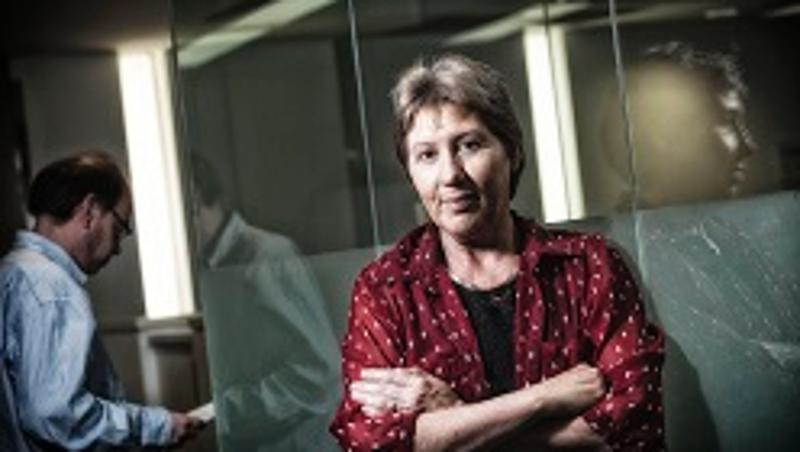
Corporate corruption continues to "flourish" in Australia despite attempts to strengthen fraud prevention policies, QUT experts have warned.
QUT Business School senior lecturer Dr Jeanette Van Akkeren and Professor in Law Julie-Anne Tarr said organisational fraud in Australia was "haunting" companies in the public and private sectors.
"White collar crime is continuing to flourish in Australia and those involved make a lot of money but very rarely end up spending time in jail for their crimes," Dr Van Akkeren said.
"Meanwhile the victims of these crimes endure horrific stress, lose a great deal financially and have years of uncertainty and pain to deal with."
A "raft of legislation" had been passed in Australia over the past decade to increase organisational accountability in response to corporate scandals.
"Spectacular cases in recent history include $45.3 million stolen from ING by an employee over five years, and $16.4 million stolen from Queensland Health, and later attributed in part to poor supervision and management," Dr Van Akkeren said.
But despite attempts to crack down on corporate fraud, cases were still emerging, Professor Tarr said.
"Recent fall out around bank affiliated financial planners and the assorted conflicts of interests this can create has led to clients who thought they were protected by a blue chip organisation losing life savings," she said.
"It seems that although harsh penalties designed to promote compliance have been introduced, there still remains considerable disconnect between corporate behaviour and directors' accountability for organisational short falls."
Professor Tarr said "key drivers" of corporate crime included a lack of questioning or challenging at boardroom level and inadequate reporting processes.
"Australia would benefit from revisiting available deterrents and sentencing standards for white collar crime," she said.
"It is important also to consider the most effective way for handling whistleblowers. Incentivising whistleblowers appropriately and creating transparent reporting channels is essential for creating an environment where people feel secure in reporting illegal activity.
"Some big accounting firms offer a whistle blowing hot line to streamline the process and attempt to remove issues associated with the stigma attached to 'dobbers' - which is ingrained in the Australian psyche."
Though difficult to determine the true cost to Australia of corporate crime, Dr Van Akkeren said a single incident could cost hundreds of millions of dollars.
"More than 50 per cent of cases in Australia are never reported so determining the overall cost of fraud is almost impossible," she said.
Media contact:
Rob Kidd, QUT Media, 07 3138 1841, rj.kidd@qut.edu.au
After hours, Rose Trapnell, 0407 585 901


